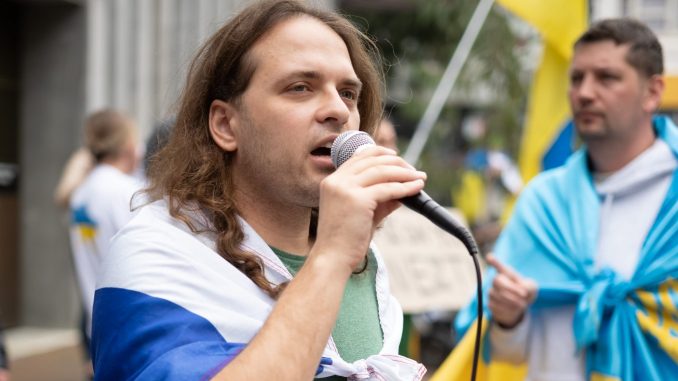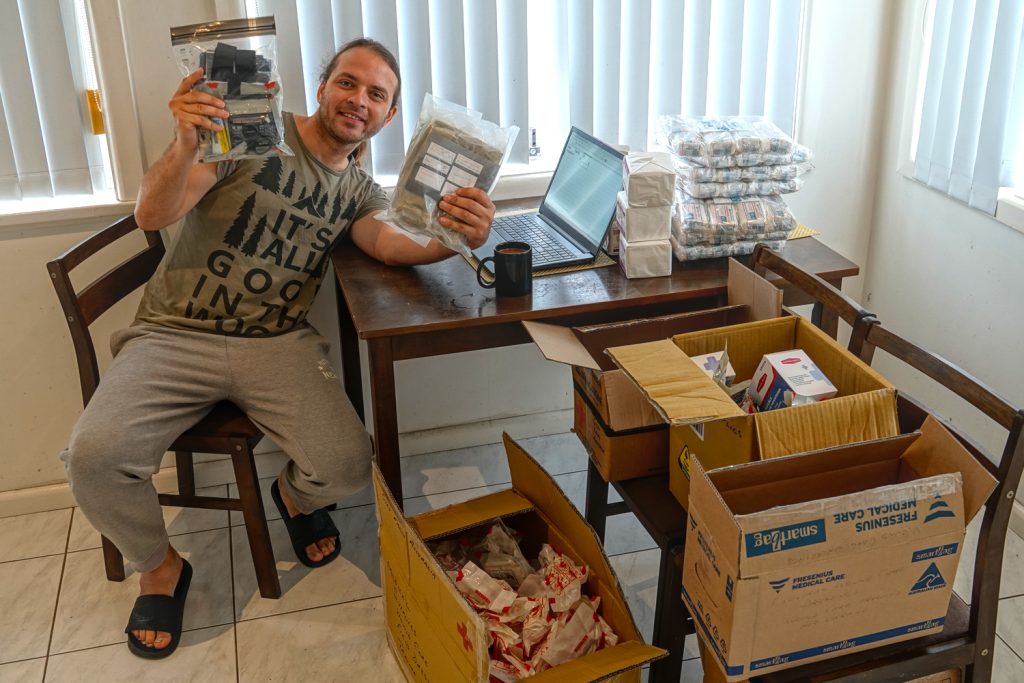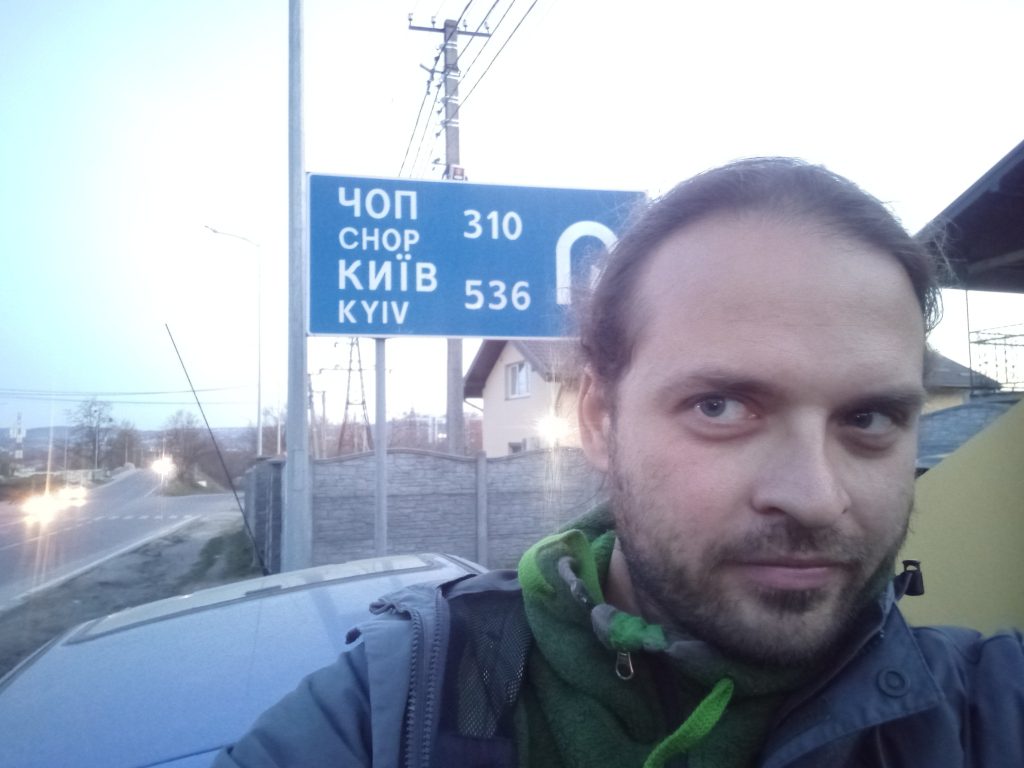
A new wave of political emigration from Russia began even before the start of the war in Ukraine, since the annexation of Crimea and the ever-tightening of the Putin regime. Many people who disagreed with the Russian government decided to move abroad and build a new life there.
The migration from Russia increased significantly after the start of a full-scale invasion of Russian troops into Ukraine. There is no exact data, but many resources, such as the Washington Post, estimate the number of those who left Russia for the past year close to a million.
These people are forced to flee their country, leave their homes and families, but unlike the Ukrainians who are fleeing the war, Russians are not welcomed in other countries. Moreover, they are often blamed for this war, for electing Putin and not stopping him.
However, it seems that the hardest thing for these people is not even accusations from others, but their own sense of guilt for what is happening, which can’t be erased neither by helping Ukrainian refugees, nor by going out to weekly protests, nor by making donations to Ukraine.

The talent of my proposed story is Dr. Ilya Fomin from Macquarie University, a 30-year-old Russian who was an active member of the opposition movement in Russia, taking part in many anti-government rallies in Moscow where he was even detained more than once. He moved to Australia before the war in Ukraine, but the political situation in Russia was the main reason for his decision to relocate.
Dr Fomin, like many, didn’t believe in the possibility of the war. And when Putin started the invasion on February 24, 2022, Fomin’s life, attitude, psychological state, priorities, plans and dreams changed forever, as he writes on Facebook.
Dr Fomin came to the protest in Sydney CBD on the first day of the war, and since then he has been coming to almost every single protest of the Russian and Ukrainian communities.
Dr Fomin is a volunteer on many fundraising projects for Ukraine, generously donating his time and money.
Dr Fomin was that Russian that many Australian media wrote about, who publicly burned his Russian passport.
Dr Fomin is one of the leaders of the community of Russian-speaking activists in Australia, Svoboda Alliance NSW, which starts petitions in support of Ukraine and lobbies the local governments to help Ukraine.
Dr Fomin is the organiser and participant of various public events, speaking out against the Russian government and about the importance of helping Ukraine.
Dr Fomin even travelled to Ukraine last month, accompanying a humanitarian convoy.

But is all this enough to make him feel better, to quench his burning guilt? It seems that it’s not. He publicly writes on social media about his hard feelings and ongoing mental struggles.
In the interview, I want to ask him not only about all his activities, but also about his feelings and his hopes, if there are still hopes.
By telling the story of Fomin, I want to show how thousands of Russian people, scattered around the world, live and feel today.
Proposed publication: SBS Australia.
Genre: feature article.
Potential audience: This is the story of an ordinary man who found himself in extraordinary circumstances and lives through them with dignity, so it may be of interest to the widest range of readers. Each of us can imagine ourselves in the place of Fomin and ask, what would I do if I was him? Also, this story is related to the war in Ukraine, which for more than a year continues to be one of the central topics of the media. At the same time, there is a relatively new angle with a focus on a personal story of the Russian scientist abroad.
Ideas for multimedia: the interview will be recorded on audio and the most striking quotes can be edited with a photo and sound wave in a software like Headliner and used for social media. There is also an option of filming the interview, then a short video can be used both for embedding into an article body, and for social media. The audio interview can also be edited into a separate podcast and posted on podcast platforms.




Hey Svetlana! I really like your story idea and your pitch. The newsworthiness is high since the war is still ongoing and the situation of refugees is an ongoing problem not only in this special case.
The way you introduced the topic works great for me. Giving some general background about Russian refugees and the challenges they face in foreign countries makes a good introduction.
Ilya Fomin as the face of the story is a very good choice. According to your pitch, he has much to talk about different topics regarding the war between Russia and Ukraine.
I would highly recommend including a video of the interview to increase the readers’ emotional involvement.
To give your story a stronger base I would look up some more information about Russian refugees in general.
Overall great work!
Best Tim